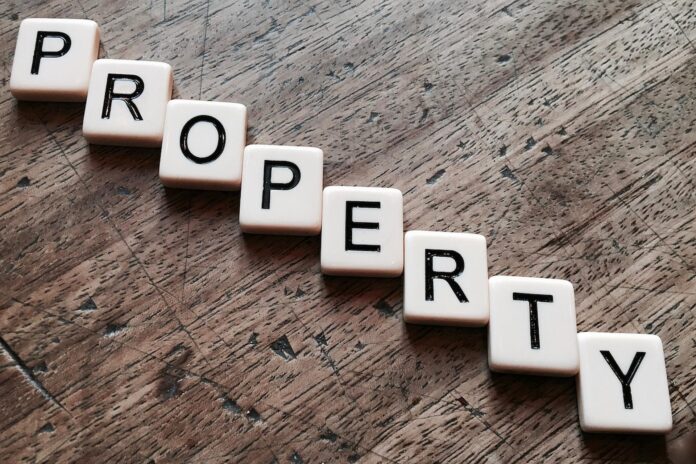Effective property management is essential for the ongoing maintenance of commercial spaces. Property managers can perform a range of tasks and activities that ensure properties are well-maintained, tenants are satisfied, and investment returns are maximised. Here’s a closer look at the core responsibilities involved in commercial property management.
Key Responsibilities
Building positive tenant relationships
One of the primary roles of a commercial property manager is to maintain positive relationships with tenants. This includes addressing their needs and concerns promptly. By maintaining strong tenant relations, property managers can help keep tenants satisfied and ensure they stay for longer, reducing turnover costs and vacancy rates. Property managers can provide regular check-ins and quick responses to enquiries, ensuring that tenants feel valued and listened to.
Managing lease agreements
Managing lease agreements is a crucial role of commercial property managers. Property managers ensure that all lease terms are adhered to, negotiate new leases, and handle renewals. This requires an in-depth understanding of lease contracts and local regulations. Property managers must also keep track of important dates, such as lease expirations and renewal deadlines, to ensure that both the landlord’s and tenants’ interests are protected.
Maintenance and repairs
A key aspect of commercial property management is overseeing maintenance and repairs. Property managers handle routine maintenance tasks, such as cleaning and landscaping, whilst also addressing any urgent issues that may arise. This proactive approach helps prevent small issues from escalating into major problems, which can be costly and disruptive. Property managers also conduct regular inspections of the property to identify potential maintenance requirements, ensuring that it remains in optimal condition throughout the tenancy.
Financial management
Financial management is another important responsibility of commercial property managers. They oversee the financial aspects of the property, including budgeting, accounting, and reporting. Property managers prepare detailed financial statements that outline income and expenditures, ensuring that landlords have a clear understanding of their property’s financial performance. Property managers may also be responsible for collecting rent, which involves setting competitive rental rates based on current trends in the local market.
Complying with regulations
Commercial property management involves ensuring ongoing compliance with local and national regulations. Property managers must stay informed about relevant laws, including health and safety standards and environmental requirements. This ensures that the properties are not only safe for tenants but also legally compliant, which can help prevent potential legal actions against the landlord or property management company.
Marketing
Property managers may also be responsible for marketing the commercial property to attract new tenants. This involves implementing powerful marketing strategies that highlight the property’s unique features and benefits. Effective marketing can involve various activities, ranging from digital advertising and social media promotion to traditional marketing methods like brochures and signage.
To find out more about what commercial property management entails, get in touch with the team at Hair & Son. Their experienced team are ready to assist you with tailored solutions that meet your specific property needs.



























